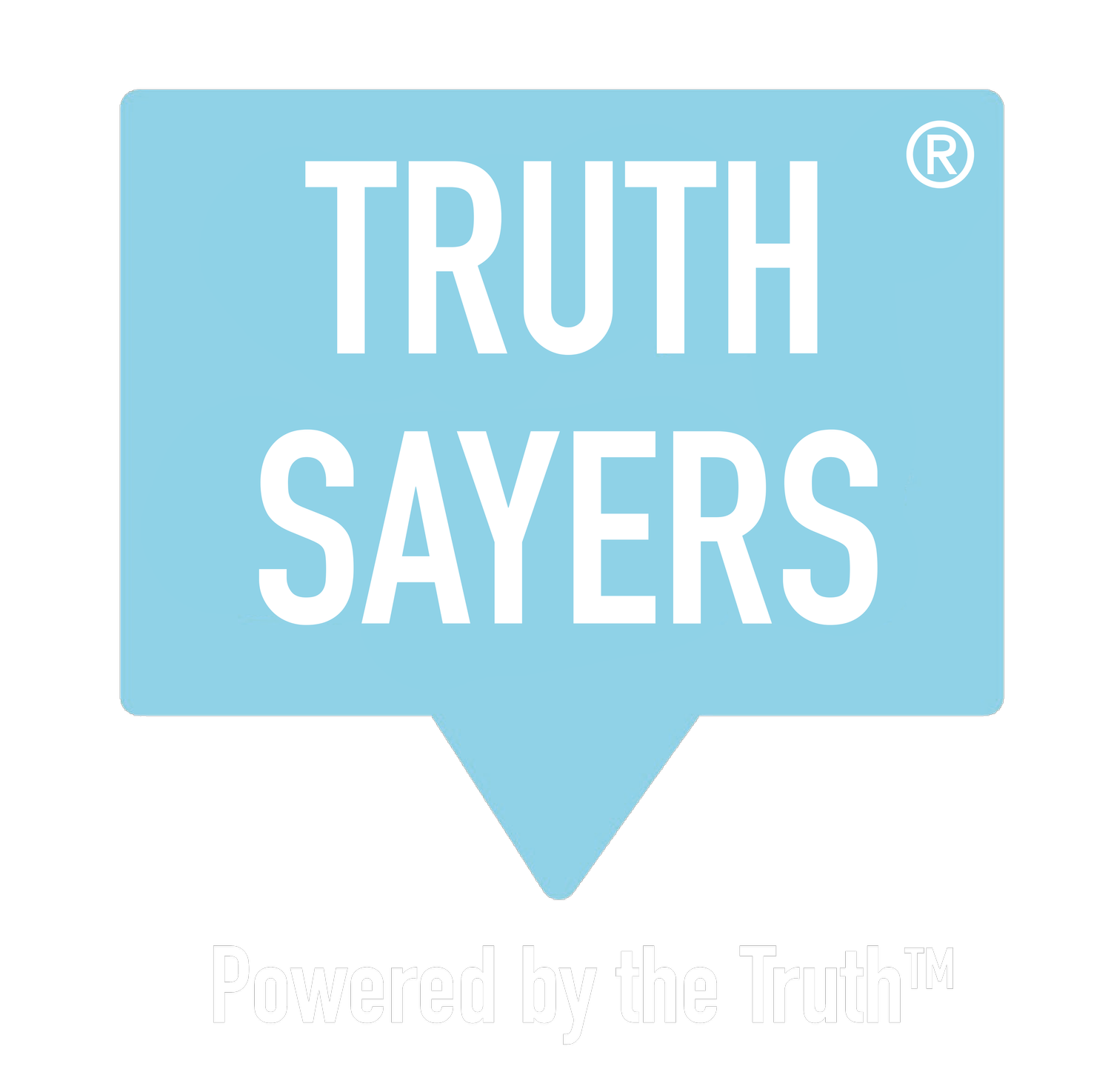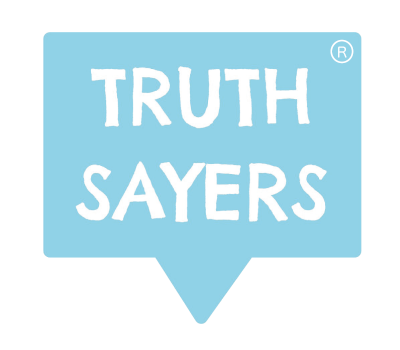The Realities of Post-Pandemic Leadership
“The Spirit of Enterprise, the Spirit of People, and the Spirit of Agility. If, in HR, you’re not currently taxed by those and trying to recalibrate them, and reset them and reinvent them, there’s something wrong.”
TRUTHSAYERS® NEUROCAST™
The first in a four part conversation, hosted by Simon Stapleton, CEO Truthsayers®. Simon is joined by Perry Timms, Chief Energy Officer at People and Transformational HR to talk about the challenges that leaders are facing in a post-pandemic world.
Perry Timms is a renowned blogger, author and TEDx speaker. He was named on the HR Most Influential Thinkers list 3 years running, and is a LinkedIn Learning Instructor. Perry's first book, Transformational HR, made Book Authority’s Top 100 Strategy books of all time. Perry's second book, The Energized Workplace, was released in August 2020 and has garnered critical acclaim.
Transcript:
Simon Stapleton: As a HR leader, and someone is responsible for lots of people? What's the big ticket stuff that these people really must be aware of, and start to plan ahead for us as we're coming out of lockdown, as COVID remains, but is looking less serious than it was before? You know, what, what are the big things that that leaders really got to pay attention to?
Perry Timms: So I mean, if you were to ask me this question, like 14 months ago, and I've had a pretty different answer, because I probably would have, would have talked about like the onslaught of tech in the nicest possible way. And I would have talked about changing attitudes and societal shifts around things like climate emergency and what have you, and they're still there. Don't get me wrong. But I think the pandemic is brought into sharp focus, probably, I think, three things that I'll label ‘The spirit of …’
And the first one is the spirit of the enterprise. I think this has given us a really sharp shock in what are we doing here? What's it all about? What value do we add to the world? What benefit can we bring to people's lives, both as consumers, as colleagues, and then as part of a community, and I think that's the big ticket thing, that some people need to stand in that space and kind of work it out again, if you know, I mean, a kind of post pandemic version of it. That's not belittling any of the trauma that's happened when businesses have had to put their shutters up. For the Pure Reason of social distancing, like the arts and retail and stuff. It's, it's been horrendous. But even coming out of that, I think they've got a what, what is it all about? What is the experience, we create the value we add and all that? So I think that's the first one the spirit the enterprise.
Then I think very, very, very closely attached to that is the spirit of people who come to work with you to do that enterprise. And we all know that that manifests itself in like terms and conditions or unusual stuff. But now it's got a whole different lens of how are you looking after me? And how do I define and clarify the accountabilities that I have in order to do that. I think this is beyond job description, stuff. Now, this is much more moving for people about the essence and why they're there, and who they're with, and all that kind of stuff.
And then I think the third spirit is both of those combined - and this is a real challenge for HR, because it's been known for solidity and consistency - but the spirit of agility that we've demonstrated over these past 12 months, you know, in our shutdown, lockdown, not whatever, we've been responsive and admittedly, it's all been quite chaotic. But we've proven so many things about work is not a place to go. It's not between certain hours. And also then the implications of people who don't have that choice for that flexibility and have to turn up and tend machines and look after people, I think there's a super appreciation of that. So that's the three things: Spirit of Enterprise, Spirit of People, and the Spirit of Agility. Now, if in HR, you're not currently taxed by those and trying to recalibrate them, and reset them and reinvent them, there's something wrong because all three of three of those in some kind of symphony.
SS: Totally agree! Well, it's interesting to say about the agility and some of that agility was non elective. So know that you just had to or you know, you just went under, some of it has been elective around what you've chosen to become, or do for people. And I just wonder - you know, everybody works and changes have adapts at their own pace, and you being quite a very forward thinker in this space. Obviously, you can see quite a distance ahead, what they'll be people who would be listening to this that are not necessarily got there yet, because they're still trying to fight the fires of the past. And, you know, it's how that transition is going to work. You know, what I'm really interested in is what, what's needed? What do leaders need in support to not necessarily just solve the problem, but be aware of what problems they need to solve? I think they're two quite different things.
PT: You're absolutely right. So the word transition has come up quite a lot - in the last sort of 48 hours, even with me - where people have been talking about transition and it's like, "Ah, so actually, we are thinking about a detachment from and to which is quite reassuring, when there were some quite worrying governmental edicts about everybody get back, start buying sandwiches again, it's like, hang on -
SS: .. paying your train fare -
PT: We haven't gone through a year of this to just suddenly jump back into the nostalgia of what actually was pretty rubbish anyway. So I like that you've used the word transition. And I don't know whether you've seen it from your conversations with clients and potential clients. But there is now a realisation that we have got to transition out of lockdown, and transition into something new and different. What scale that is, I think, depends on a number of different factors of, you know, the market you serve, and the proximity you need people to be with each other, and so on and so forth. Now, I think the interesting thing, and you might be able to back this up from perhaps some of your research, particularly on your change-related research, is that again, a lot of people kind of look into the leaders going, "Right then leader what are we doing" and the leaders are kind of like, "I don't know, because I've never led in a pandemic response post reaction before." And so, where I've seen leaders think "I'm gonna step in now" - here's an example that was brought to my attention about three weeks ago: a leader in a charitable organisation, said, "Right, okay, we're going to come back in now, we're going to do Mondays and Fridays remote, and we're going to be in the office Tuesday, Wednesday, Thursday. So book all your meeting was for Tuesday, Wednesday, Thursday, because that's when we're all together." And actually, when they put that out, they were really surprised because lots of teams then came back and when asked, not what we want to do, when we come in, we want to be not in meetings, we want to be spontaneously connected in social cohesion and innovating and all that kind of work to the meetings on Mondays and Fridays. Thanks very much. And I'm thinking, "Oh, have we have we seen a little quiet, like, rebellion?" that actually "leader don't give us the answer, ask us some sharper questions, and we'll help you come up with the answers." I think that's the sort of change that I'm starting to sense is possible and likely and maybe even inevitable.
Find out more about Perry Timms and PTHR.
If you are interested in finding out more about partnering with Truthsayers, click here.

